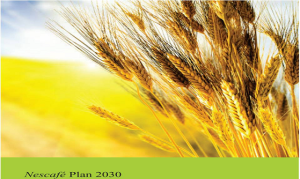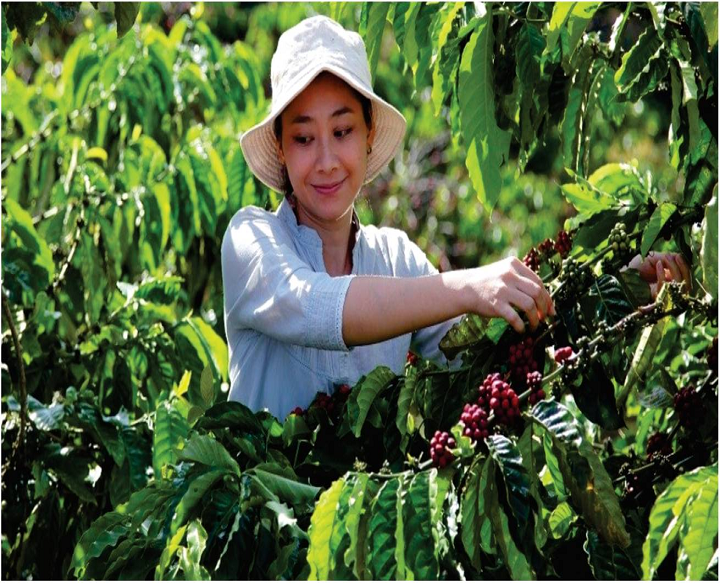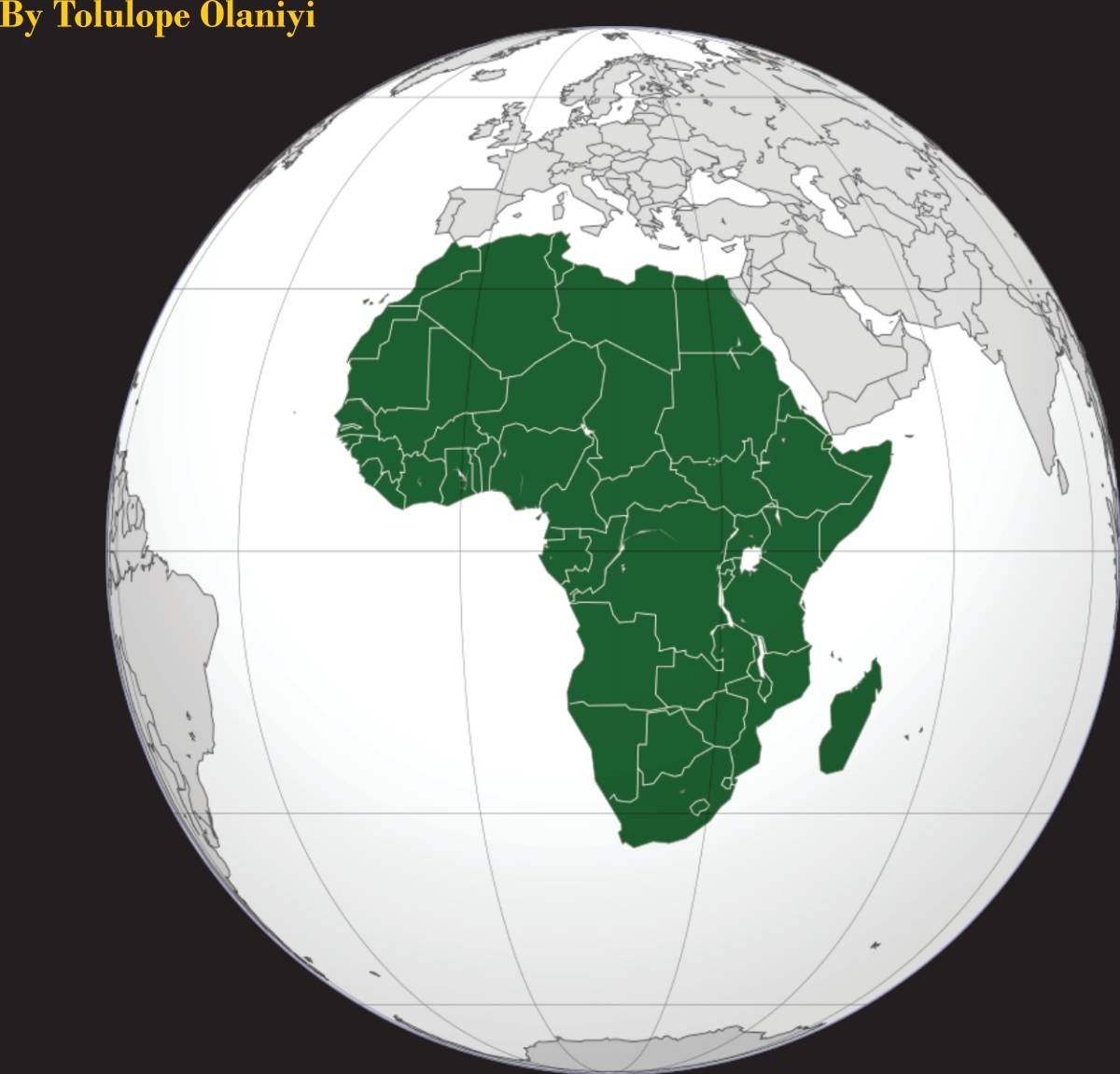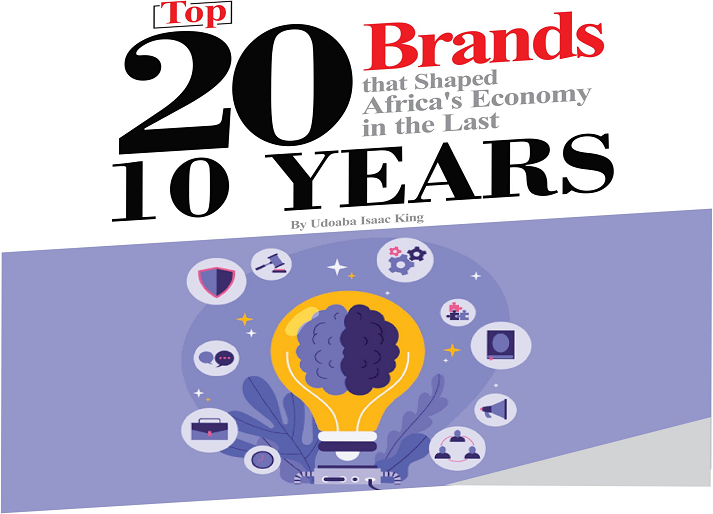As the world marked the World Food Day on the 16th of October, 2022, Zl Nescafe, Nestle’s largest coffee brand and one of the world’s favourite -X A. coffees, has outlined its extensive plan to help make coffee farming more sustainable: with the Nescafe Plan, 2030.
In a statement, the Nestle Group explained that, the brand is working with coffee farmers to help them transition to regenerative agriculture while accelerating its decade of work, under the Nescafe Plan.
Accordingly, the brand is said to be investing over one billion Swiss francs by 2030 in the Nescafe Plan for 2030.
READ MORE: Morocco Enters the Drone Manufacturers Club with Help of Israel
This investment, it was disclosed, builds on the existing Nescafe Plan as the brand expands its operations which is widely supported by Nestle’s regenerative agriculture financing following the Group’s commitment to accelerate the transition to a regenerative food system and ambition to achieve zero net greenhouse gas emissions.

David Rennie, Head of Nestle Coffee Brands said that, “Climate change is putting coffee-growing areas under pressure. Hence, building on the 10 years’ experience of the Nescafe Plan, we’re accelerating our work to help tackle climate change and address social and economic challenges in the Nescafe value chains.
Rising temperatures will reduce the area suitable for growing coffee by up to 50% by 2050. At the same time, around 125 million people depend on coffee for their livelihoods and an estimated 80% of coffee-farming families live at or below the poverty line. Action is, therefore, needed to ensure the long-term sustainability of coffee, Rennie explained.
Philipp Navratil, Head of Nestle’s Coffee Strategic Business Unit said, “As the world’s leading coffee brand, Nescafe aims to have a real impact on coffee
farming globally.” Hence, “We want coffee farmers to thrive as much as we want coffee to have a positive impact on the environment. Our actions can help drive change throughout the coffee industry.”
He pointed out this will be attained by supporting farmers’ transition to regenerative coffee farming.
Regenerative agriculture is an approach to farming that aims to improve soil health and fertility, as well as protect water resources and biodiversity. Healthier soils are more resilient to the impacts of climate change and can increase yields, thereby helping to improve farmers’ livelihoods.
In this regard, Nescafe will provide farmers with training, technical assistance and high-yielding coffee plantlets to help them transition to regenerative coffee farming practices.
Some examples of regenerative agriculture practices include the following:
■ Planting cover crops which help to protect the soil. It also helps to add biomass to the soil, which can increase soil organic matter and thus soil carbon sequestration.
■ Incorporating organic fertilizers that contribute to soil fertility, and which is essential for good soil health.
■ Increasing the use of agroforestry and intercropping which contribute significantly to biodiversity preservation.
■ Pruning existing coffee trees or replacing them with disease and climate-change resistant varieties. This will help to rejuvenate coffee plots and increase yields for farmers.
Focusing on origins from where Nescafe sources 90% of its coffee, Nescafe will be working with coffee farmers to test, learn and assess the effectiveness of multiple regenerative agriculture practices. This will be done with a focus on seven key origins, from where the brand sources 90% of its coffee: Brazil, Vietnam, Mexico, Colombia, Cote d’Ivoire, Indonesia and Honduras.
Nestle Action Plans Nescafe aims to achieve:
■ 100% responsibly sourced coffee by 2025.
■ 20% of coffee sourced from regenerative agricultural methods by
■ 2025 and 50% by 2030 as part of Nestle’s ambition for its key ingredients.
These plans will be actualised by piloting a financial support scheme in Mexico, Cote d’Ivoire and Indonesia to accelerate the transition to regenerative agriculture. Therefore, Nescafe is committed to supporting farmers who take on the risks and costs associated with the move to regenerative agriculture. It will provide programmes that aim to help farmers improve their income as a result of that transition. In Mexico, Cote d’Ivoire and Indonesia, Nescafe will pilot the planned financial support scheme to help farmers accelerate the transition to regenerative agriculture. Through this scheme, Nescafe, together with coffee farmers, will test and learn the best approach in each country. These could include measures such as:
■ Conditional cash incentives for adopting regenerative agriculture practices.
■ Income protection using weather insurance.
■ Greater access to credit lines for farmers.
Nescafe will track the progress and assess the results of its field programmes with coffee farmers through its Monitoring and Evaluation partnership with the Rainforest Alliance. Its efforts will be complemented by new and expertise-focused partnerships, like the one with Sustainable Food Lab for topics related to coffee farmers’ income assessment, strategy and progress tracking.
Relatedly, Nestle hopes to achieve the plan of reducing greenhouse gas emissions also, by capturing and storing more carbon in the soil.
Regenerative agriculture, the Group explained, also contributes to drawing down carbon dioxide from the atmosphere and reducing greenhouse gas emissions. That’s why regenerative agriculture is a key part of Nestle’s Zero Net roadmap.
READ MORE: WFP Extends Emergency Assistance to Prevent Acute Malnutrition in North-east of Nigeria
Thus, Nescafe aims to contribute to Nestle’s Zero Net commitment to halve greenhouse gas emissions by 2030 and reach zero net greenhouse gas emissions by 2050. It will work with farmers, suppliers and partners to help protect agricultural lands, enhance biodiversity and help prevent deforestation. The brand intends to help farmers plant more than 20 million trees at or near their coffee farms.
Nestle guarantees that it will consolidate on its plans going forward by building on a strong foundation.
Therefore, Nestle’s recent announcement on its new regenerative agriculture road map, will build on Nescafe’s sustainability efforts in coffee production. Since 2010, the brand has invested in sustainability through the Nescafe Plan and has made significant progress.
Nescafe Plan 2030
Renewing the world of coffee to help uplift lives and livelihoods with every cup
2030 Vision
An integrated strategy to use regenerative agriculture to help address climate change,
aiming to:
Reduce greenhouse gas emissions Increase farmers’ income Create better social conditions
Our goals: By 2025
■ 100% responsibly sourced coffee
■Source 20% of our coffee through regenerative agricultural methods By 2030
■Source 50% of our coffee through regenerative agricultural methods
■50% greenhouse gas emissions reduction Nescafe Plan 2030 infographic
Nescafe Plan 2030 infographic.




